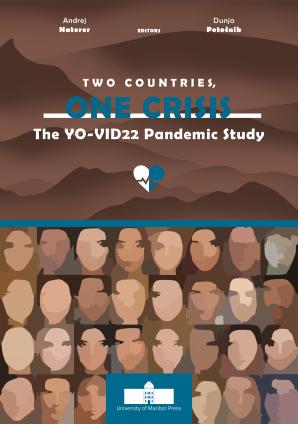11. Young People’s Online Engagement During and After the COVID-19 Pandemic
Synopsis
The chapter investigates youth digital engagement in Croatia and Slovenia during and after the COVID-19 pandemic, with a focus on internet use, social media, and online behaviour. Findings indicate that messaging applications are the most common activity, while content creation is limited. Slovenian youth report higher rates of intensive use, whereas Croatian respondents engage more in moderate daily use. Gender and socio-economic disparities are pronounced, particularly in Croatia, where young men dominate in gaming and creative content creation, and lower-SES youth display higher levels of emotional distress from negative online experiences. Across both countries, young people prefer in-person interaction, though young people in Croatia are more open to online socialising. In general, women report greater emotional distress from negative online experiences, with Slovenian women showing the highest levels of passive use.
Downloads
Pages
Published
Categories
License

This work is licensed under a Creative Commons Attribution-ShareAlike 4.0 International License.






